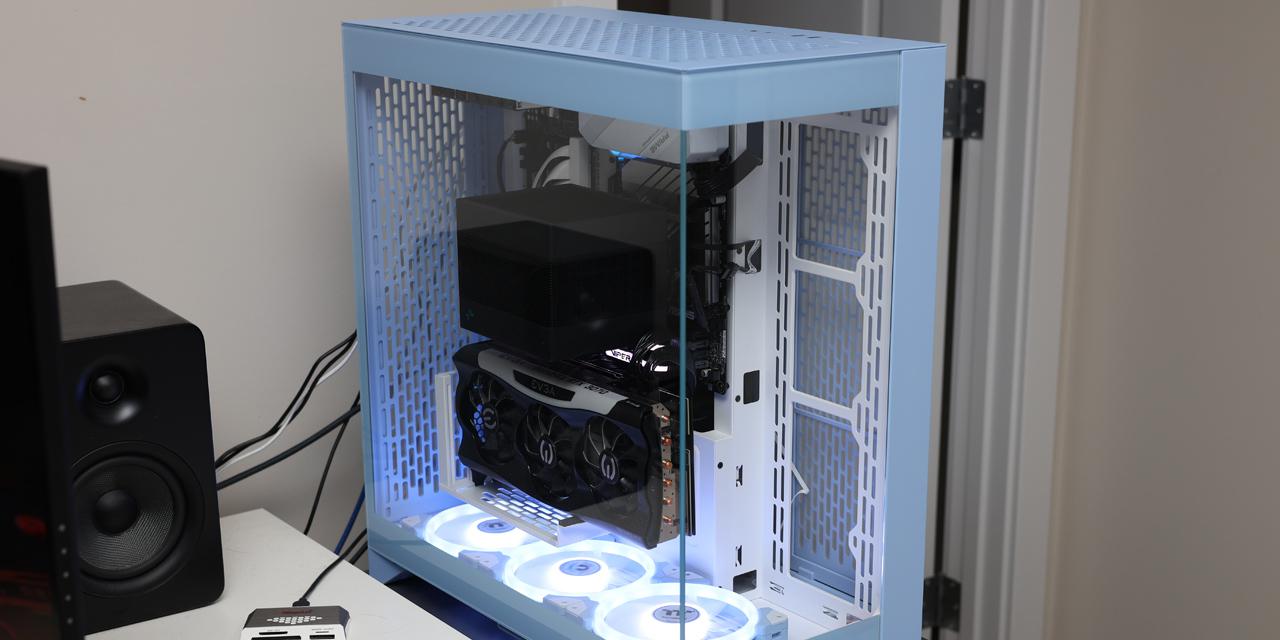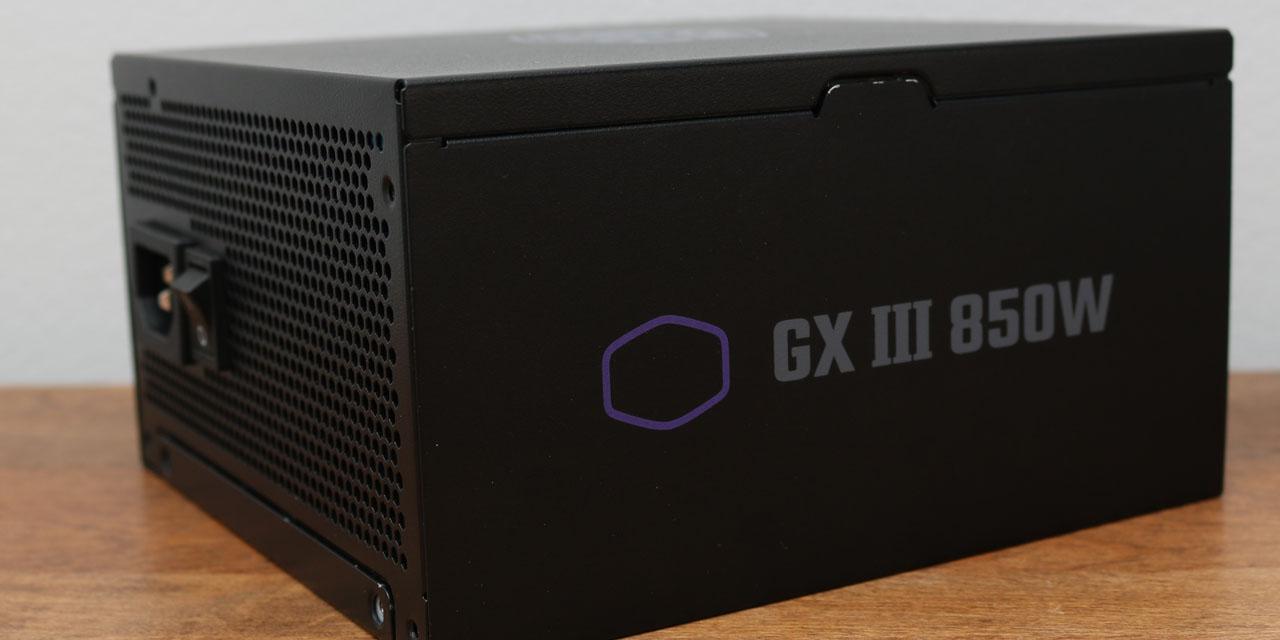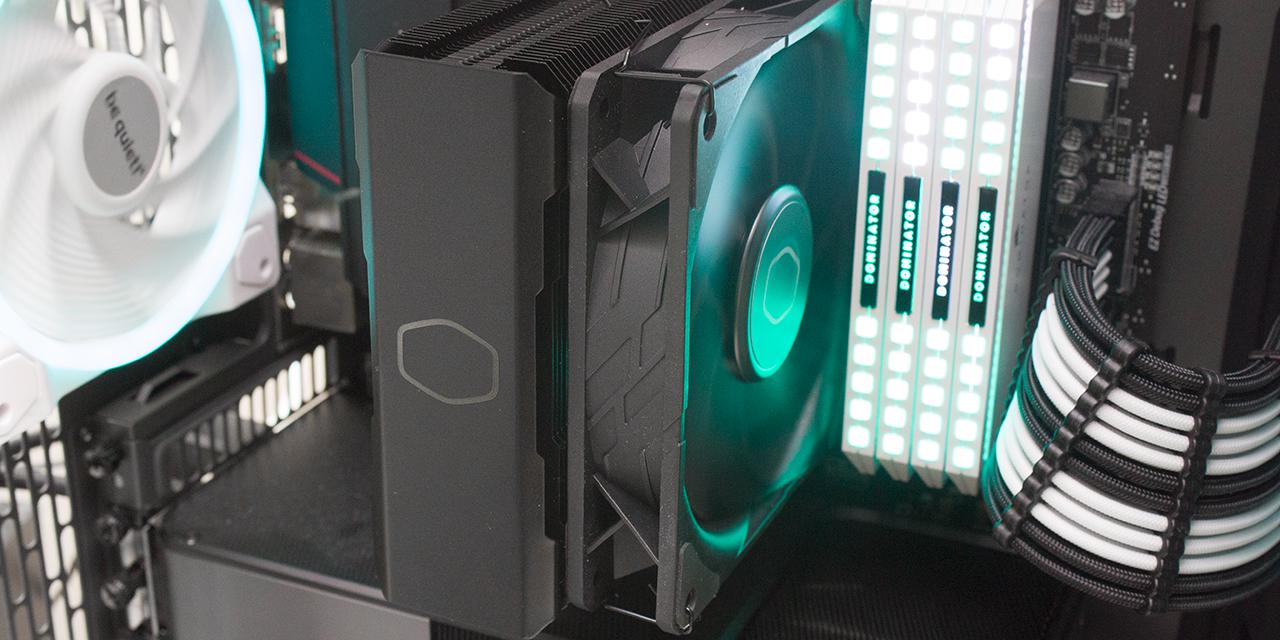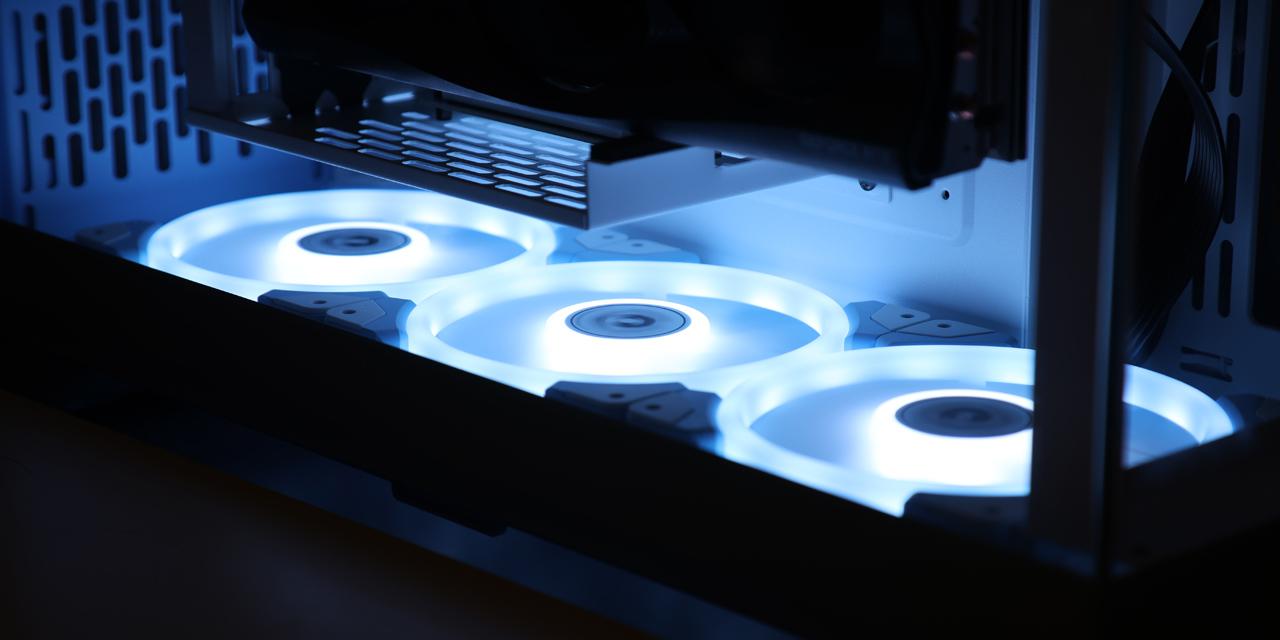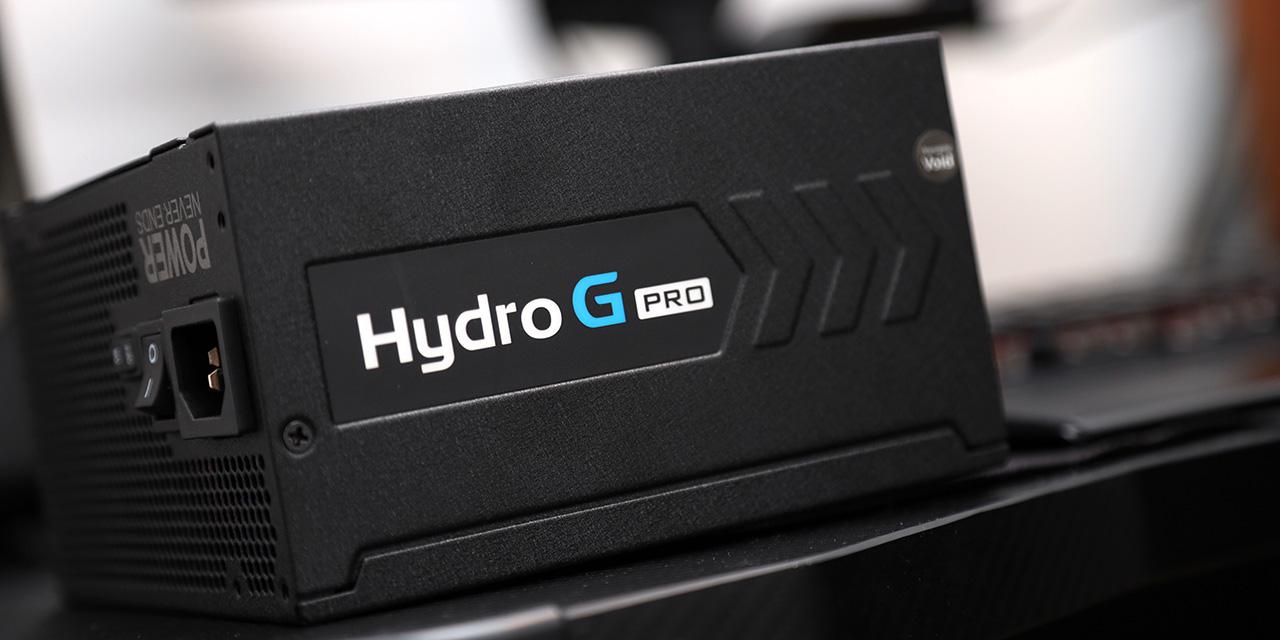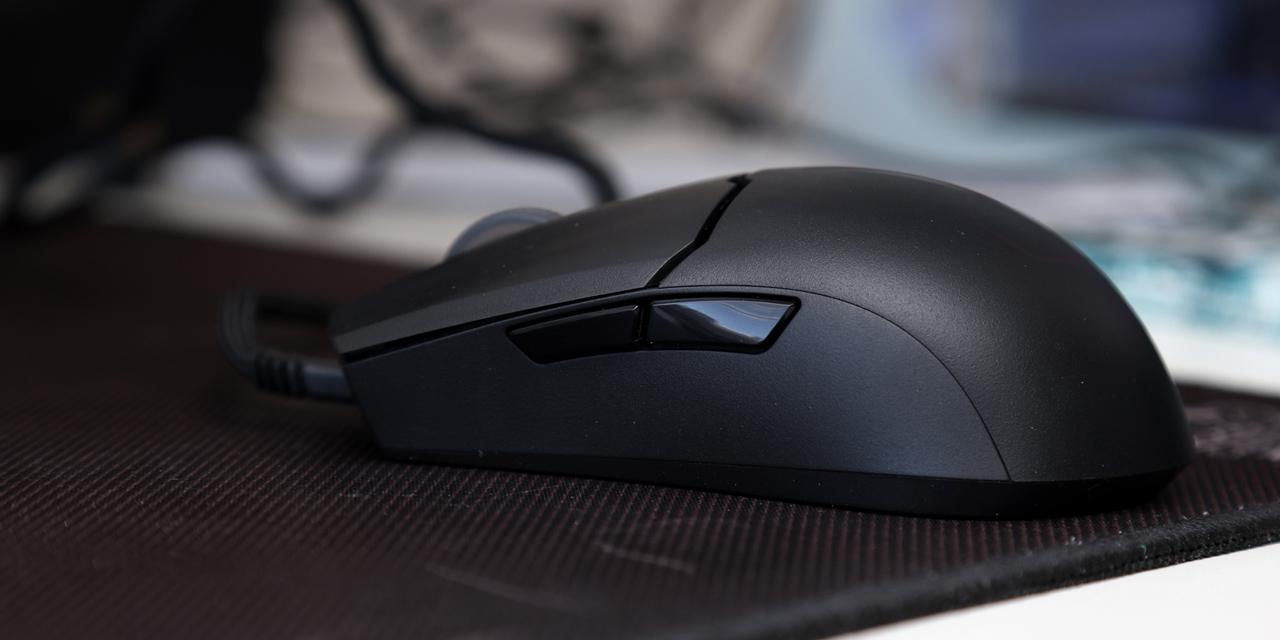Page 10 - Noise Factor and Conclusion
The large cooler on Asus' EN8800GTS 320MB is large, and heavy -- but when it comes to noise, it is not a dustbuster. Saying that, it is still not the quietest card I've used. This is explainable, because of the high power consumption of NVIDIA's 8800GTS core that contributes to the amount of heat it generates.
My test machine is completed with some of the quietest components in the market today -- with Noctua NF-S12-800 and Noctua NF-S12-1200 (Asus Q-Fan Silent Mode controlled) fans installed, complete with a Scythe Infinity with Asus AI Quiet enabled, and the famous quiet PSU Seasonic M12. The loudest component that consists of this system is Seagate's popular 7200.10 320GB PMR drive -- in which most people own one -- and the motor is not that loud (However, it does emit a higher pitch noise).
In idle conditions as mentioned earlier, the measured temperature of Asus' EN8800GTS 320MB is a sizzling 84c for the GPU diode (GPU itself is over 10 degrees lower). The fan is not loud, and the relatively lower frequency noise is not really bothersome -- but the whooshing noise can definitely be heard over my hard drive.
As the card comes under load, GPU diode temperature rises to 95c as the fan spins up to keep the temperatures from reaching 100c. I cannot comment that this card is extremely loud, but imagine a fan of that size spinning at a higher speed -- the low frequency sound of a fan motor with prominent whooshing noise can clearly be heard over my other components (From a quiet PC aim point of view).
The stock cooler's performance and noise generation is acceptable on a marginal case. NVIDIA GPUs can generally handle very high temperatures (120c) without problems, but with the noise factor into account, and you are into quiet computing, you'll definitely need a new heatsink -- or if your unit is like ours with thermal paste not applied evenly or messily, you might want to re-apply thermal paste to it. The noise that this card generates is no higher than an 'average card' though.
In conclusion, this is one powerful graphics card. It comes at an affordable price; yet roughly twice as powerful as the high-midrange card from the previous generation (Of course, this card is also roughly twice as expensive at press time). What should be taken into account is the included software with Asus' EN8800GTS 320MB that makes it different; including a couple of popular game titles as well as Futuremark's 3DMark06 Professional benchmarking software. In addition to that, despite the fact of lack of DX10 game titles at this point, the Asus EN8800GTS 320MB is indeed a DX10 graphics card -- and it will be powerful enough to at least handle a share of DX10 titles. However, as all NVIDIA 8800GTS cards goes, it runs quite hot -- therefore a better aftermarket cooler is always recommended, whether you are overclocking, concerned about noise, or just want to bring the temperatures down. Speaking of overclocking, we are quite impressed with the overclocking capability offered on such a level of graphics card. It's not too common that cards that are already powerful itself to retain much overclocking headroom!
Special thanks to Asus for making this review possible.

APH equal.balance Award
Starting from April 30, 2007, Number Ratings has been dropped for motherboards, RAM, and graphics cards. This is to ensure the most appropriate ratings reflected without the limits of using numbers. Everything else will continue using the Number Rating System.
More information in our Review Focus.
High performance video card, at an affordable price. What make the Asus EN8800GTS 320MB different from other board manufacturers are, not only the exclusive Asus features, but also a decent enough bundle! What would make this card even more distinct? A nice, quiet, and better performing cooler would make it perfect.
Do you have any comments or questions about the ASUS EN8800GTS 320MB? Drop by our Forums. Registration is free, and it only takes a minute!
Page Index
1. Introduction, Specifications, Bundle
2. A Closer Look
3. Test System, Benchmark: Half Life 2: Lost Coast
4. Benchmark: FEAR
5. Benchmark: Prey
6. Benchmark: Quake 4
7. Benchmark: CS:S cs_militia
8. Benchmark: 3DMark06
9. Power Usage, Overclocking
10. Noise Factor and Conclusion
